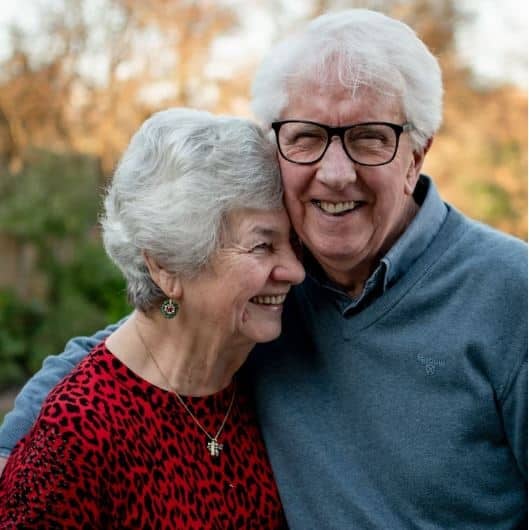Older Adults Should Take Calcium, Vitamins D and B12

WASHINGTON — An update from the American Association of Retired Persons suggests if older adults feel compelled to take a daily supplement, they should take calcium and vitamins D and B12, while eschewing such “overhyped” supplements as vitamins E and C and beta carotene.
The report is an update from a 2021 article on the AARP website, entitled “The 3 Supplements You Might Actually Need After 50.”
Roughly 70% of adults over age 60 take at least one supplement, and a 2017 study published in the Journal of Nutrition found about 30% take at least four.
Subsequent research by AARP found the numbers to be even higher, with 78% of adults 50 and older who participated in a 2021 survey saying they currently took vitamins or supplements or both.
While there are many reasons behind this consumption, AARP suggests those who are really worried about a deficiency be tested by a doctor and target what they’re missing.
At the same time the organization says three supplements — calcium, vitamin D and vitamin B12 — may be the only ones worth considering.
If you don’t get enough calcium from dairy, leafy greens and other calcium-rich foods (and women over 50 and men over 70 often don’t, according to the AARP report), your body sources it from your bones, making them weaker, which could eventually lead to fractures and falls.
Calcium works best when it’s taken alongside vitamin D, which assists in its absorption from the gut. Vitamin D, like calcium, is crucial for bone health. It also supports the immune and nervous systems and may even benefit the heart.
When it comes to vitamin B12, AARP says older adults are also at a disadvantage. That’s because aging impacts the body’s ability to absorb this essential nutrient, which plays an important role in regulating blood and nerve health, according to the NIH.
Older adults who are vegetarian or vegan, who take the antidiabetic medication metformin or who take gastric acid inhibitors to treat certain digestion problems are even more likely to be B12-deficient. And just like with vitamin D, people with Crohn’s or celiac disease are also more likely to have a B12 deficiency.
If you do have a vitamin B12 deficiency — and it’s estimated that between 3 and 43% of older adults do — you will be more likely to develop anemia. A B12 deficiency can also lead to neuropathy or nerve damage (which may feel like tingling or numbness in your hands or feet), balance issues, depression, confusion, poor memory and even dementia-like symptoms.
Of course, AARP recommends getting as much nutrition from “real food” as possible.
Here’s where you can find calcium, vitamin D and vitamin B12:
- Calcium: tofu, broccoli, collard greens, kale and various dairy products
- Vitamin D: yogurt, milk, fatty fish, beef liver, mushrooms
- Vitamin B12: poultry, meat, clams, dairy, eggs
Dan can be reached at [email protected] and at https://twitter.com/DanMcCue.
























